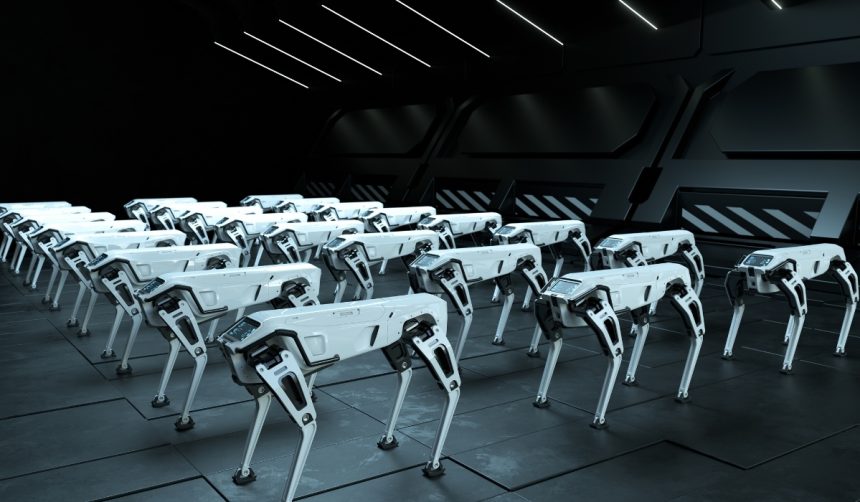Aurora Innovation Inc. has introduced a commercial self-driving trucking service in Texas, operating between Dallas and Houston. This marks a significant use of the Aurora Driver technology, which has been in development for several years to enhance freight transportation capabilities. With the trucking industry constantly evolving, Aurora aims to address the inherent challenges faced by long-haul logistics, offering a driverless transportation alternative to meet market demands.
In recent years, various companies have endeavored to launch autonomous trucking services, but widespread implementation remains limited. However, Aurora’s entry into the commercial sector with its autonomous trucks highlights notable progress in overcoming regulatory and technical hurdles. Industry experts and other tech companies like Kodiak Robotics and Torc Robotics are equally focusing on autonomous solutions, underscoring a trend towards expanding autonomous logistics despite earlier challenges.
What Innovations Does Aurora Bring?
Aurora’s flagship system, the Aurora Driver, is classified as an SAE Level 4 autonomous technology, specifically engineered for long-haul trucking. This system has already covered more than 1,200 miles without a driver and is designed to operate across various vehicle platforms. Equipped with advanced computing power and sensors, the Aurora Driver can navigate challenges such as predicting red light runners and detecting pedestrians at a distance, ensuring compliance with road regulations.
How Is Safety Ensured?
Safety remains paramount, and Aurora emphasizes its commitment through comprehensive safety cases demonstrating public road viability. The Verifiable AI approach integrates learning models with safety “guardrails” that ensure adherence to traffic regulations, mitigating risks during autonomous operation. Moreover, the trucks feature redundant systems for critical functions, reflecting extensive testing and collaboration with regulatory bodies to meet safety standards.
What Are the Industry Impacts?
The introduction of driverless trucks carries implications for the freight industry, promising to alleviate issues like driver shortages and reduce operational costs. Aurora’s partnerships with industry leaders, such as FedEx and Uber Freight, showcase a strategic integration into a sector keen on adopting autonomous solutions. The company’s gradual expansion plans aim to foster more efficient logistics while potentially redefining roles within the trucking workforce.
Self-driving trucking services, such as Aurora’s, could reshape the logistics landscape by providing a sustainable transport alternative amid micro and macroeconomic pressures. While some states already permit driverless vehicles, widespread adoption requires ongoing regulatory adjustments and technological advancements to secure public and commercial confidence. For readers keen on understanding the broader impact of this technology, contemplating workforce implications and regulatory landscapes will be key as these services expand.










